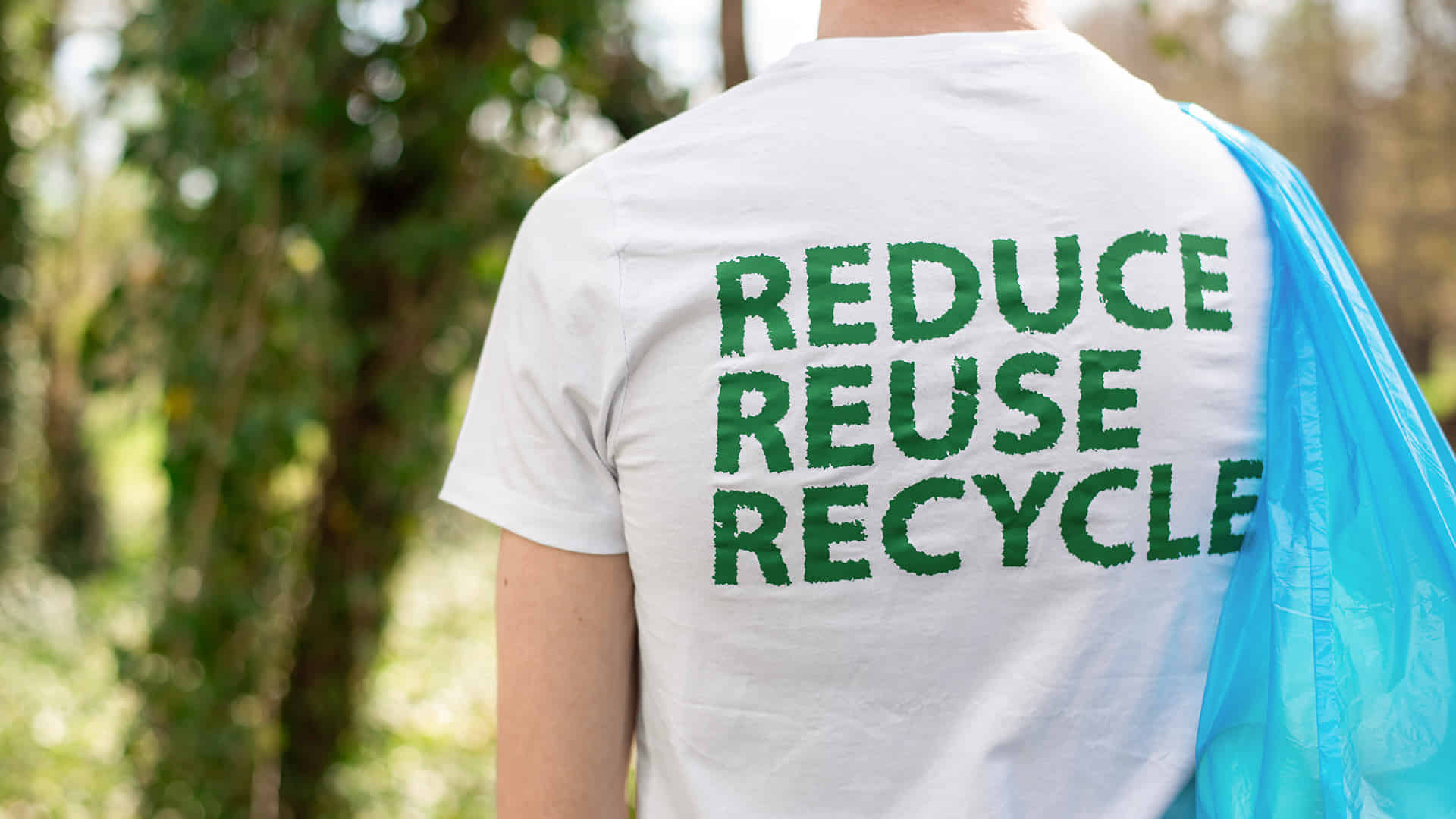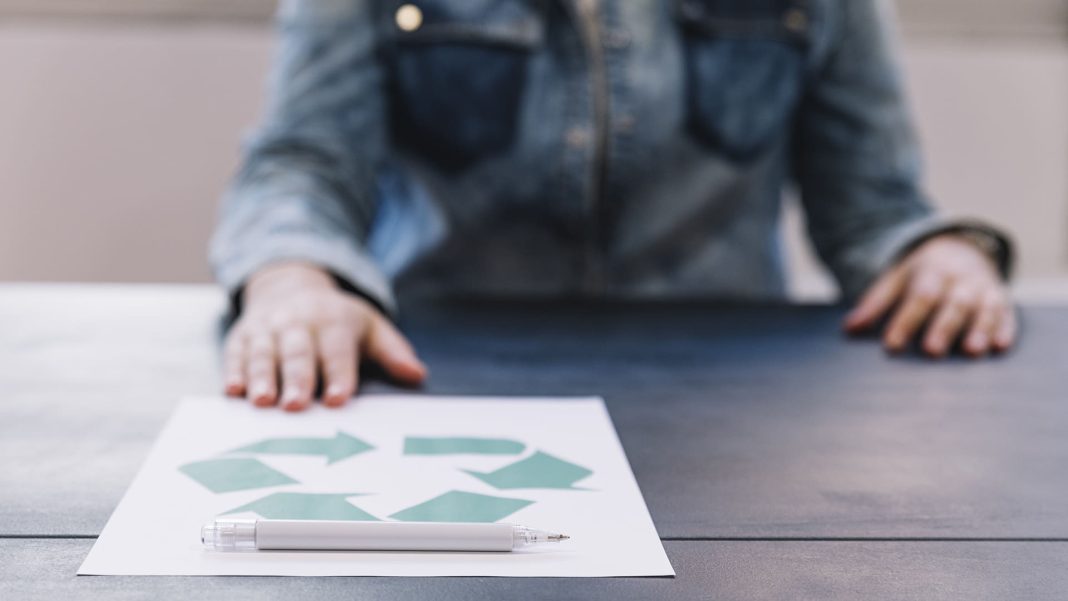Southeastern Anatolia Textile and Raw Materials Exporters’ Association (GAIB) declared that they have decided to implement an UR-GE project called ‘Tex-stain: Sustainability in Textiles’. The project, which is within the scope of the Ministry of Trade’s Circular on International Competitiveness Development (UR-GE) Project Support, aims to increase the awareness of the member companies of the association on the transformation obligations that they will face to make their production processes compatible with the Sustainable Development Goals and in compliance with the regulations published within the scope of the European Green Deal. The project will also contribute to the consciousness of the members regarding the improvement of their competitiveness in international markets.

Ministry of Trade will cover 75% of the total cost for each activity in the GAIB’s Tex-stain project
While the project duration is specified as a maximum 3 years, it was announced that each sub-activity is subject to the approval of the Ministry. It was shared that 75% of the total cost of each activity envisaged to be carried out during the project will be supported by the Ministry of Trade, while 25% will be collected as contribution share by the companies participating in the activity.
The implementation stages of the UR-GE projects and the advantages they provide to companies are summarized as follows:
Analysis of Needs: Within the scope of the needs analysis activity, the first stage of the project, a sustainability plan will be created for the companies by determining the current situation of the companies through company, sector, value as well as supply chain analysis, a sustainability strategy will be prepared with the plan and the road map of the project will be determined.
Training and Consultancy Activities: In accordance with the project roadmap, training and consultancy programs will be organized for companies based on their identified needs (For example: Textile Ecology, Carbon Footprint Calculation, Water Footprint Calculation, Energy Efficiency, Waste Management, Recycling etc.)
Good Practice Examples – Overseas Facility Visits: Within the scope of the project, foreign facilities that have made progress in the field of sustainability in textiles will be visited.
